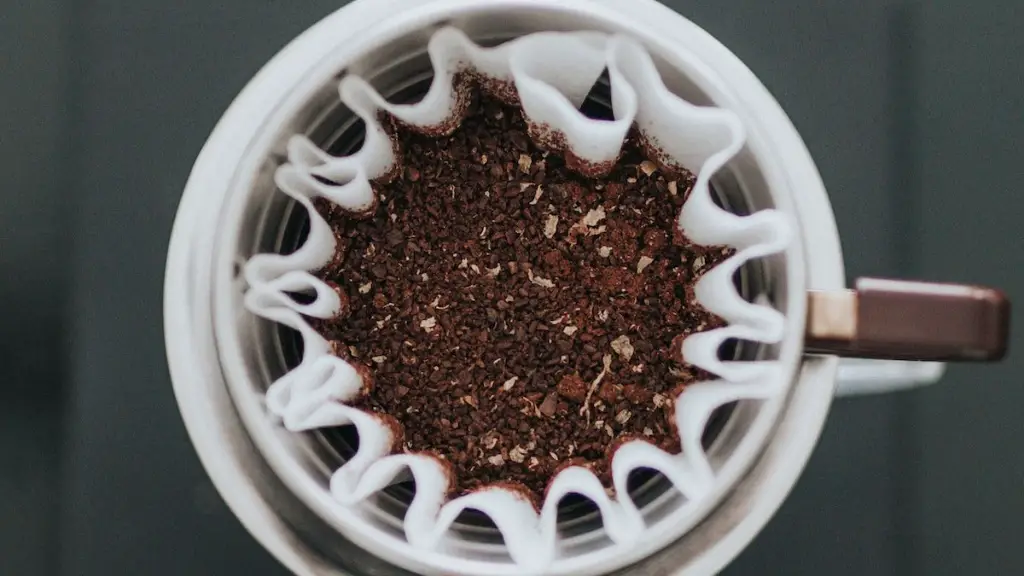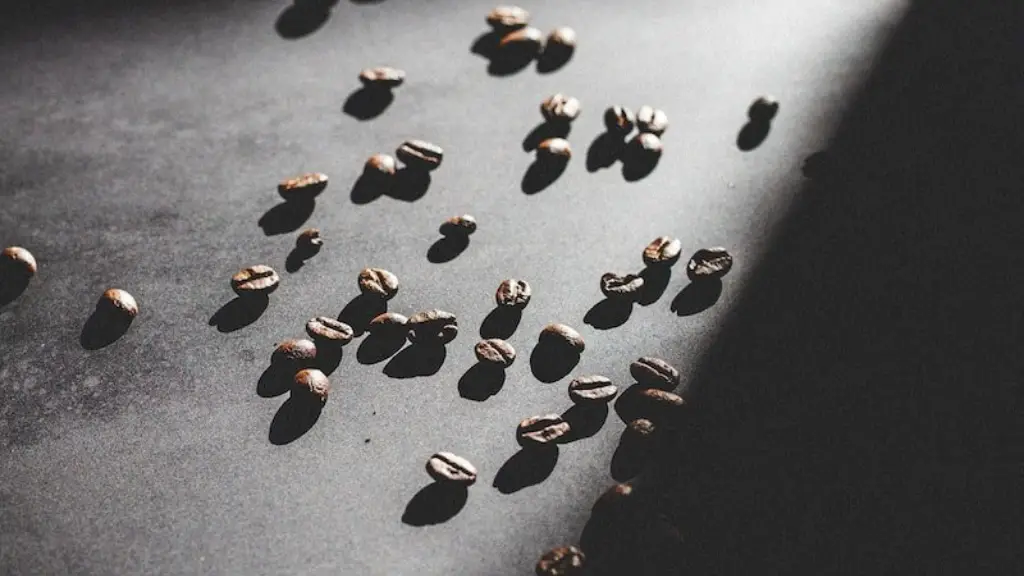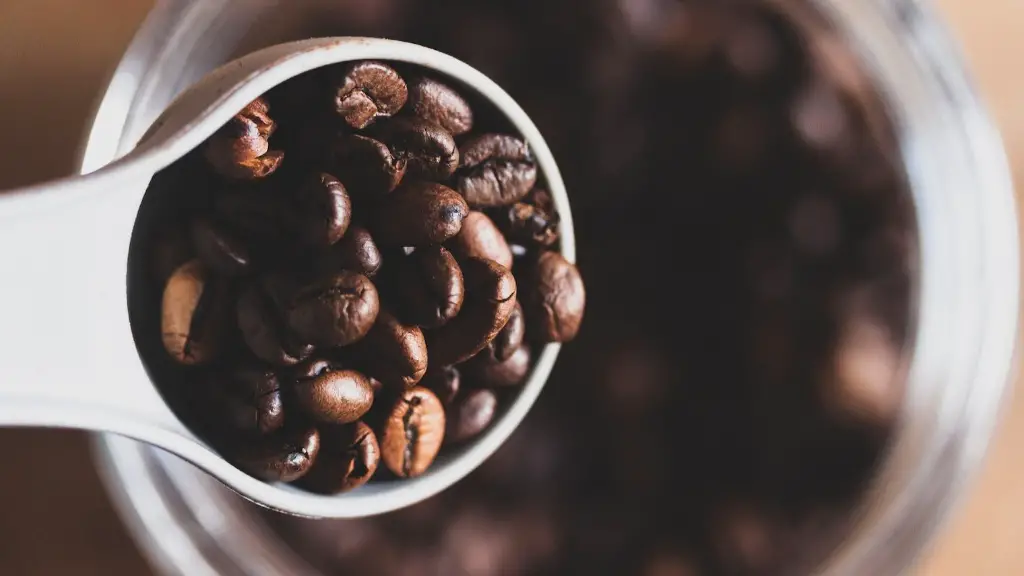When you are in a ketogenic diet, the main goal is to achieve ketosis, which is a state of nutritional ketosis in the body, which is a result of consuming very few carbohydrates and more fats. Since carbohydrates are avoided in a very low-carb diet such as the Keto, coffee on Keto is not excluded.]
Coffee is frequently allowed on a Keto diet, even though it doesn’t have any carbohydrates, as long as you have it in a very limited quantity. It is important to consider the type of coffee you are consuming. If you are opting for regular coffee or espresso with butter or heavy cream in it, then you are good to go. If you are opting for flavored coffee with added sugar, then it would be better to avoid it on the Keto diet. By drinking black coffee without anything added in it, you can avoid added carbohydrates.
Caffeine is known to enhance physical and mental performance, so you’ll often hear of people drinking coffee to help them stay alert and focused. However, if you drink too much caffeine it can actually lead to dehydration, which is why it is important to drink plenty of water while on the Keto diet. Caffeine is also a diuretic which can increase urination and water loss, so if you are monitoring your hydration levels it’s best to limit your coffee intake.
Coffee doesn’t necessarily provide any health benefits, but drinking it can provide a feeling of enjoyment, which can make sticking to a Keto diet easier. One study found that caffeine intake may support thermogenesis, the process of heat production in the body, which in turn can help to increase energy levels. Coffee can also contain antioxidants, including chlorogenic acid, which could potentially offer several health advantages.
It is important to note that coffee may not be suitable for everyone, so it is recommended to speak to a healthcare provider before beginning a coffee-drinking regimen. Caffeine may also interact with certain medications, or with pre-existing conditions, so it is important to consider this before consuming it. People with certain health conditions, such as high blood pressure or diabetes, should talk to their healthcare provider before drinking coffee.
In conclusion, coffee can be an acceptable part of a Keto diet, but it is important to take into consideration the type, quantity, and the frequency of consumption. Keep in mind that drinking too much caffeine may lead to dehydration, which can be counterproductive to a Keto diet, so it is important to monitor the amount of caffeine that is consumed every day. It is also important to talk to a healthcare provider before starting a coffee drinking regimen, to ensure that you are able to do so safely and without any risks.
Benefits of Coffee on a Keto Diet
Coffee has long been known to have both mental and physical benefits, and when on a Keto diet one is able to gain even more from it. Studies have found that coffee can provide a boost to ketone production, as well as help the body to become more efficient at fat burning. Coffee can also help to increase mental alertness and focus, which can be beneficial to those who are on a Keto diet.
Caffeine is known to have appetite suppressing effects, which can be beneficial to those on a Keto diet. This means that coffee can help to decrease common food cravings, as well as make it easier to stick to a diet overall. For those on a Keto diet, coffee can provide a welcome source of energy and appetite suppression, without the need for extra carbs.
Coffee is also known to help with thermogenesis, the process of the body producing heat, so those on a Keto diet who are looking to lose weight may find that coffee can help with the process. A higher body temperature can lead to an increased rate of fat burning. Additionally, coffee consumption has been linked to improved metabolic health, aiding the liver in correctly processing fats and proteins, which is essential when on a Keto diet.
While coffee can provide mental and physical benefits, it is important to remember that it should always be consumed in moderation. As caffeine is a diuretic, it can lead to dehydration, so it’s important to accomodate any coffee intake with plenty of water. Additionally, too much caffeine can lead to a disruption of the body’s cycle, and can even lead to insomnia.
Nutrition Considerations On Keto
In order to maintain a healthy ketogenic lifestyle, it is important to ensure that the diet is composed of carefully calculated nutrition that fits the human body’s needs. Choosing higher-fat sources of healthy fats, proteins, and carbohydrates is the key to maintaining weight, proper nutrition, and avoiding health issues.
When incorporating food into a Keto diet, it is important to consider nutrient density. Macronutrients should contain a complete range of essential fatty acids, proteins, and vitamins, as well as slow-digesting carbohydrates like avocado and other fats like nuts and seeds.
In addition to considering the nutrient content, it is also important to consider the timing and balance of a Keto diet. Therefore, when considering food intake, it is important to know that it is best to consume an adequate amount of protein and healthy fats throughout the day to ensure consistent and stable energy levels. Fats can be found in whole-food sources such as eggs, beef, seeds, and nuts, and carbohydrates should be consumed in the form of low glycemic sources such as leafy greens, cruciferous vegetables, and avocados.
Additionally, supplementation can play an important role in a Keto diet. As the body is unfamiliar with the decrease of carbohydrates, it can become more effective at using alternative sources of energy to fuel itself. Therefore, supplementing with MCT oil, coconut oil, electrolytes, and magnesium can help to maximize the body’s ability to metabolize fat.
Tips For Transitioning To A Keto Diet
When looking to begin a Keto diet, it is important to have some tips in mind in order to make the transition easier. It is important to remember that transitioning to a Keto diet is a process and that consistency is key. It is important to ease into the diet and to avoid radical lifestyle changes as it can cause a disruption to the intestinal ecosystem.
It is important to stay properly hydrated when transitioning to a Keto diet as it can cause dehydration in the body. Therefore, it is important to ensure that enough liquids are consumed throughout the day in order to stay hydrated and to help flush out toxins. Additionally, it can be beneficial to add in additional electrolytes such as salt, magnesium, and potassium in order to replenish the body.
It is also important to keep in mind the type of food being consumed and to make sure that it fits into the Keto lifestyle. It is important to focus on primarily high-fat foods such as avocados, coconut, nuts and seeds, dark leafy greens, and fatty cuts of meats. It is important to avoid processed sugars and carbs as these can be difficult to digest and can upset the body’s equilibrium. Additionally, it is important to remember to adjust macronutrient intake accordingly, as this is key to a successful Keto diet.
Foods To Avoid On A Keto Diet
When looking to maintain a Keto lifestyle, it is important to know exactly which foods to avoid in order to maintain ketosis and an overall healthy lifestyle. It is important to avoid processed grains and anything that contains seemingly ‘healthy’ sugars as these can all disrupt the internal equilibrium of the body. These include items like pastries, white bread and white rice, and sugary drinks. Additionally, items like beans, legumes, and starchy vegetables should also be avoided, as these can all cause digestive problems and disruptions in the body.
It is also important to avoid any foods that have preservatives, additives, or chemicals, as these can cause inflammation in the body. This includes processed meats, canned foods, fried foods, and artificial sweeteners. Additionally, it is important to avoid too much caffeine, as this can lead to dehydration and imbalances in the body. Foods like refined vegetable and seed oils should also be avoided as these can create inflammation and cause damage to the heart.
When looking to maintain a Keto lifestyle, it is important to remember what to avoid, as well as to stay consistent with an adequate intake of healthy fats, proteins, and low glycemic carbohydrates. Avoiding inflammatory foods, processed items, and preservatives can help to keep the body’s internal balance and can promote overall health and well-being.





